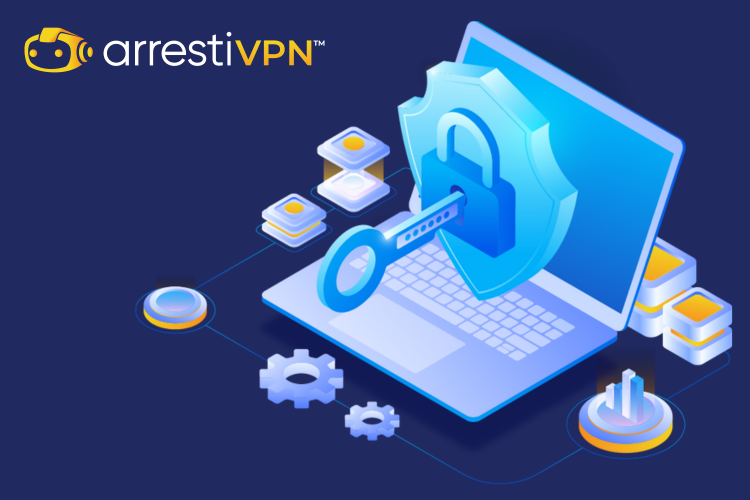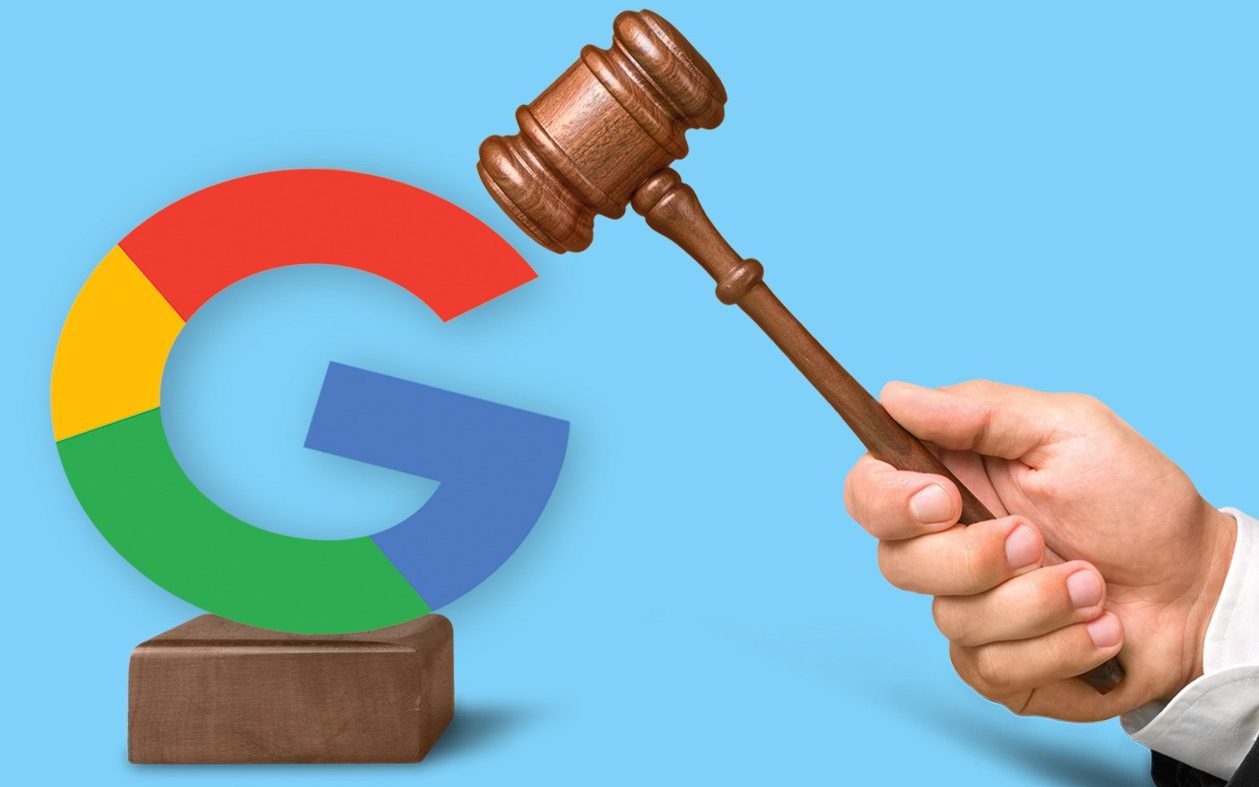Shielding our online privacy is more crucial now than ever. One common tool people use to add an extra layer of protection is Incognito mode. Available in various browsers like Chrome, this mode wipes your browsing history and searches clean once you end your session. But how effective is this tool in protecting your online activities? Let’s explore the capabilities of Incognito Mode.
What is Incognito Mode?
Incognito mode allows users to surf the internet without recording their browsing session. Each session starts like a ‘blank slate,’ with no trace of your normal tracing history, and also erases your session once the window is closed. This is also known by various other names across different browsers like:
- Chrome: Incognito Mode
- Microsoft Edge: InPrivate Mode
- Safari: Private Browsing
- Firefox and Opera: Private mode
Despite its popularity for those seeking extra privacy, it’s important to understand Incognito mode’s limitations, especially when compared to other privacy tools like VPNs.
A University of Chicago study (2018), found that most people significantly overestimate the privacy protections of Incognito mode. The term “private mode” often implies a broader concept of privacy. For example, if a ‘private’ or ‘incognito’ browsing mode allowed the collection of IP addresses, it would contradict its intended purpose of anonymity on the web.
Furthermore, a 2017 survey by DuckDuckGo revealed approximately 76% of Americans who used private browsing could not accurately identify the privacy benefits, with 66.6% overestimating these advantages.
Incognito is perhaps better suited for local privacy – allowing you to keep your browsing data private from others who may be using the same device as you – rather than offering comprehensive online privacy.
What Incognito Mode DOESN’T Do
Incognito mode can conceal your potentially embarrassing searches from others using the same device, however, this feature has several notable limitations, including:
- Lack of True Anonymity: Your IP address remains visible, allowing your internet service provider (ISP) and other third parties to track your online activities.
- Limited Security Protections: Incognito mode does not prevent malware downloads or secure personal data transmission to websites.
- Impact of Logging into Accounts: Logging into your social media or other platforms in Incognito mode does not prevent third-party tracking, leading to tailored advertising.
- Data Accumulation in Extended Sessions: The longer you keep an incognito window open, the more data and cookies can accumulate, reducing its privacy effectiveness.
Case in Point: The 2020 Google Lawsuit
In 2020, Google faced a $5 billion lawsuit alleging that it continued data tracking and collection even in Incognito mode. Cookies, analytics, and tracking tools were claimed to have continued functioning and collecting data, even in Incognito mode.
(Source: The Telegraph)
Users felt the discrepancy between the language Google used to describe Incognito mode and its actual functionality created a false sense of security. This overestimation points to a larger issue in the digital world – it reflects a broader trend where features labelled as “private” or “incognito” give the illusion that complete online anonymity and protection are offered from all forms of tracking. Misconceptions like this point to a need for clearer communication from tech companies and more informed understanding among users about what privacy tools can and cannot do.
When Should You Use Incognito Mode?
Incognito mode, while not a complete privacy solution, offers several specific benefits in certain situations:
- Shared Device Usage: Keeps your browsing history private from others on shared devices.
- Online Shopping and Surprises: Ideal if you’re shopping for gifts or planning surprises without leaving a trace in your browsing history.
- Temporary Sign-ins: Prevents saving login details and browsing history from being saved on public or shared devices.
- Checking Unbiased Search Results: Offers unbiased search results since the search engine isn’t influenced by your past search history or cookies
- Reducing Tracking: While it doesn’t stop all forms of tracking, it can reduce some cookie-based tracking by websites and advertisers
Ensuring Comprehensive Online Privacy

In a digital age where protecting your online privacy is crucial, additional steps to enhance your digital protection toolkit alongside incognito mode include:
- VPN (Virtual Private Network): Using a VPN, such as Arresti, is key to enhancing digital privacy. It encrypts your internet connection, keeping your online activities hidden and secure from third parties, particularly on public Wi-Fi networks where your data is more vulnerable.
- Regularly Clear Cookies and Cache: Many websites track your online activities through cookies and cache which store information about your browsing habits and personal preferences. Regularly clearing them prevents third parties from using your data to create a profile by tracking your online activities.
- Update Privacy Settings: Regularly review and update your privacy settings on social media and other online platforms. Ensure you’re only sharing information with intended audiences and prevent misuse of your data.
- Use Secure and Private Search Engines: Consider using search engines that prioritise privacy, such as DuckDuckGo, which does not track your search history or personal data.
Implementing these tactics will enhance your online privacy and build a cyber shield from any potentially harmful third parties. Among these tools, the most effective would be a VPN. With essential security features like 256-bit encryption and IP masking, Arresti VPN turns your online activities into unreadable code, shielding you from hackers, ISPs, and other third parties.
At Arresti VPN, we’re not just committed to your privacy, but to your right to digital freedom and security.

